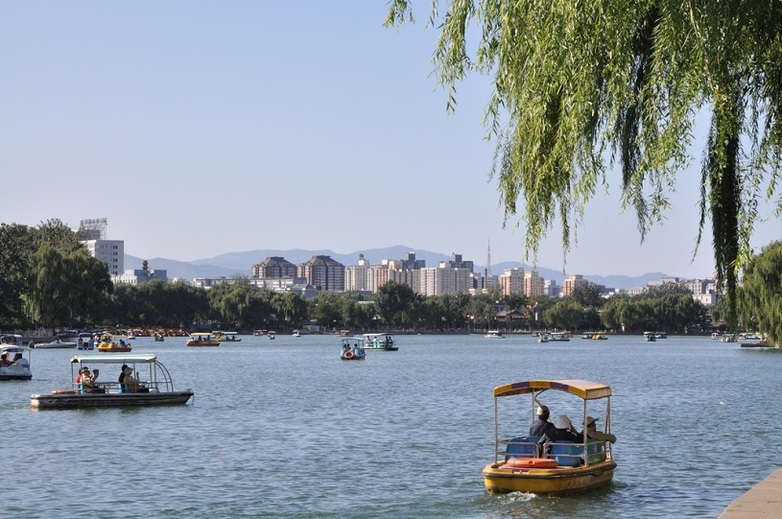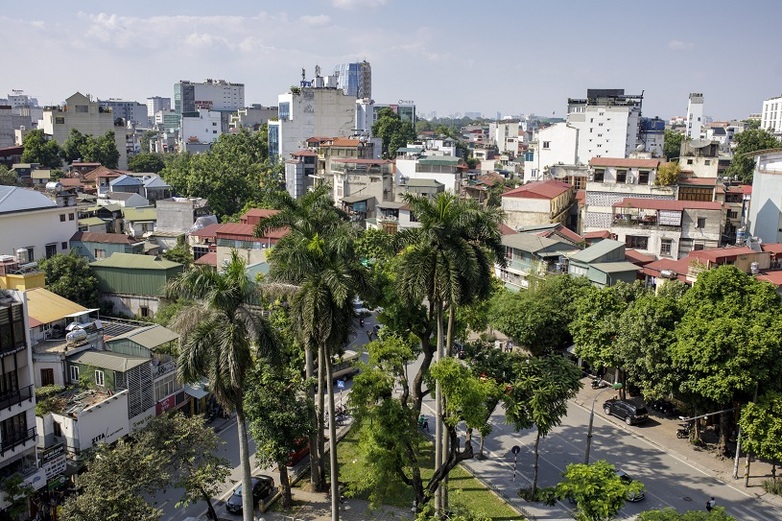Promoting sustainable urbanisation and urban development around the world
Sector Programme Cities
-
Client
German Federal Ministry for Economic Cooperation and Development (BMZ)
-
Country
-
Political sponsors
More
-
Runtime
2024 to 2027
-
Involved
Cities Alliance (CA), UN-Habitat, Cities Climate Finance Leadership Alliance (CCFLA), Local Governments for Sustainability (ICLEI), City Climate Finance Gap Fund
-
Products and expertise
Governance and democracy
 © GIZ
© GIZContext
Global urbanisation is progressing rapidly. According to United Nations estimates, the urban population will more than double by 2050 and almost 7 out of 10 people will live in cities.
In order to accommodate and provide for all city residents, 60 per cent of the infrastructure still needs to be built. The energy and resource consumption associated with this would generate around three quarters of the global greenhouse gas emissions permitted under the Paris Agreement.
However, cities also hold the potential to overcome these challenges. Even small changes can have a big impact and reach many people at the same time.
 © GIZ
© GIZObjective
German development cooperation promotes socially equitable, climate-friendly and resilient urban development - especially in rapidly growing small and medium-sized cities.
 © GIZ
© GIZApproach
The project operates in three areas:
- It advises the German Federal Ministry for Economic Cooperation and Development (BMZ) on how to mainstream sustainable urbanisation and integrated urban development in German development cooperation.
- It supports the BMZ division in strategically positioning prioritised urban development topics and in raising the international profile of contributions made by German development cooperation. It also processes knowledge and develops and disseminates innovative and scalable approaches via the CityTransitions website and the URBANET blog.
- It organises up to three competitions during the programme’s term to award prizes for successful and innovative measures and approaches that implement objectives of environmentally-friendly urban development.
The programme performs important committee work in established partnerships, including UN-Habitat, Cities Alliance (CA), the Cities Climate Finance Leadership Alliance (CCFLA) and Gap Fund.
Last update: February 2025






